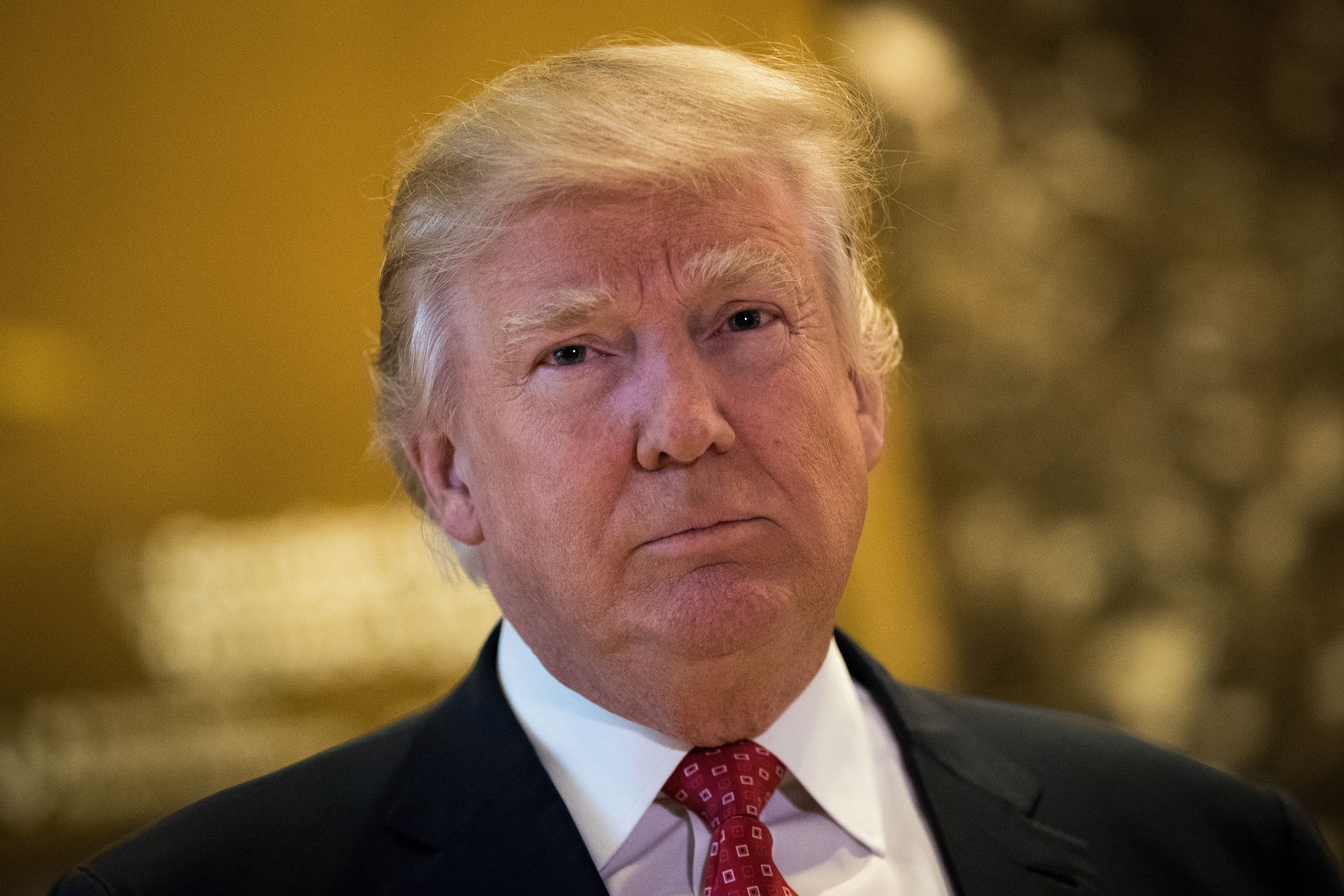
by Paul HANDLEY
WASHINGTON, United States (AFP) — The incoming Donald Trump administration faces a world of greater risk of conflict, slower growth and more anti-democratic pressures than ever since the Cold War, a new US intelligence report released Monday said.
US leadership is ebbing amid shifts in economic, political and technological power, deep changes in the global landscape “that portend a dark and difficult near future,” according to the National Intelligence Council’s “Global Trends: Paradox of Progress” report.
“The next five years will see rising tensions within and between countries,” said the report.
“For better or worse, the emerging global landscape is drawing to a close an era of American dominance following the Cold War.”
The National Intelligence Council, a research group under the Office of the Director of National Intelligence, issues its global assessment every four years, and the new one came 11 days before Trump is inaugurated as president.
It painted a gloomy picture of the challenges pulling at the post-World War II global order, including extreme income disparities, technological dislocation, demographic shifts, the impacts of global warming, and intensifying communal conflicts.
Moreover, Western democracies will find it harder and harder to stick to their principles and avoid being pulled apart from each other.
“It will be much harder to cooperate internationally and govern in ways publics expect,” it said.
More countries will be able to “veto” cooperative efforts and the myriad channels of global communication will leave large numbers and groups of people misinformed and divided.
“Information ‘echo chambers’ will reinforce countless competing realities.”
The report, whose authors comprise analysts from the intelligence and academic communities, also says that the liberalism that defined the West and allies after World War II is under threat from populism on both the right and left, as governing countries and societies gets harder.
“Publics will demand governments deliver security and prosperity, but flat revenues, distrust, polarization and a growing list of emerging issues will hamper government performance.”
Those trends underscore the need for Washington to shore up traditional Western alliances and friendships as Russian and China test their resolve to preserve their influence.
Yet, the report said, US leaders not to be tempted to try to resuscitate the kind of Pax Americana that steered the global order from the 1950s.
“It will be tempting to impose order on this apparent chaos, but that ultimately would be too costly in the short run and would fail in the long run,” eroding US political strength.
The report was released three days after a US intelligence community report said Moscow undertook an unprecedented effort to interfere in the US presidential election and support Trump that was directed by Russian President Vladimir Putin.
Trump has criticized the intelligence community and has yet to publicly say if he accepts that conclusion.
© 1994-2017 Agence France-Presse








